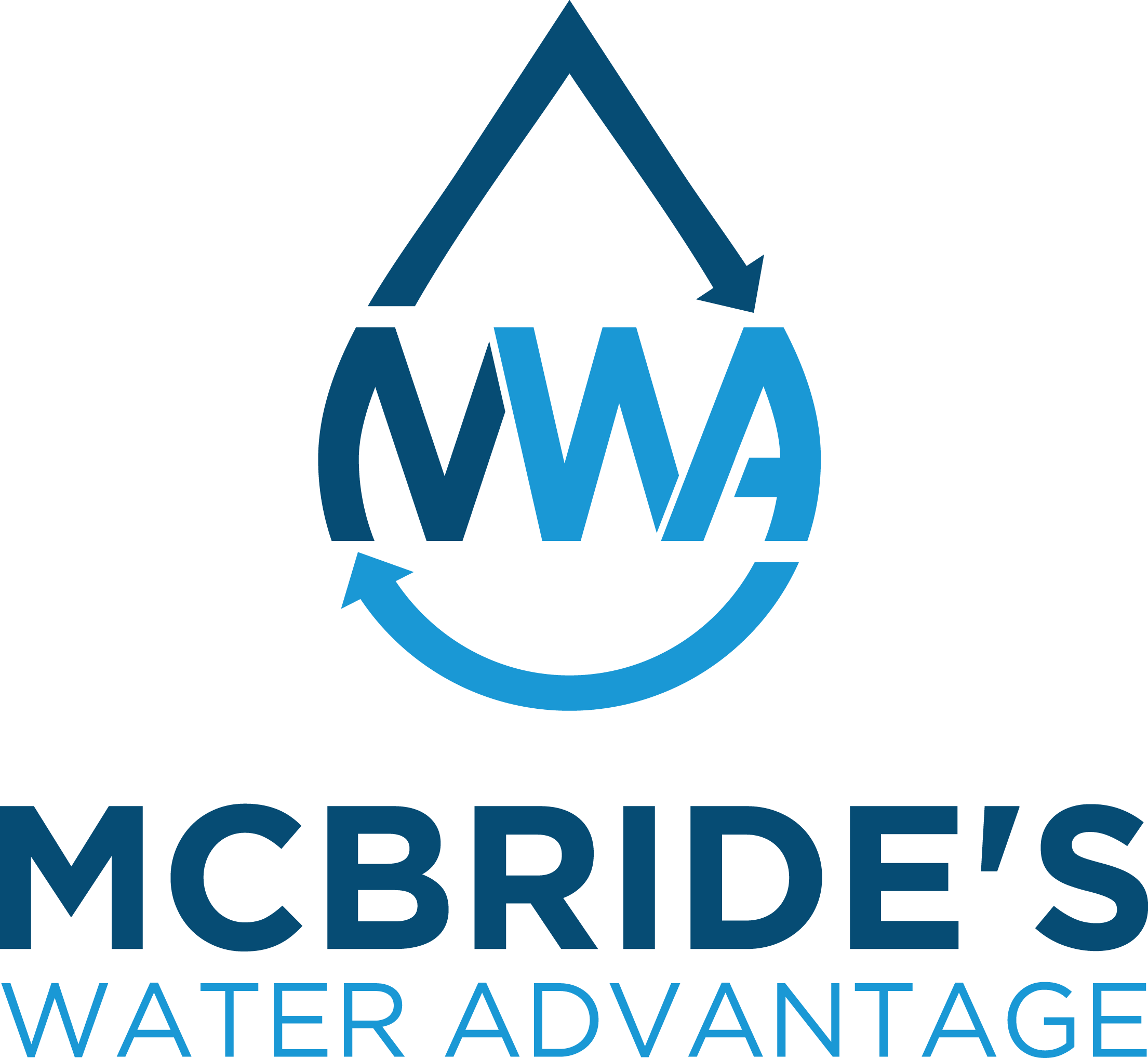 Water softeners can provide your home with some amazing benefits. But when some homeowners learn that salt is used as part of the softening process, they become concerned about the amount of salt that a softener will add to their daily diet. Today we want to help clear the air about this issue by talking about why water softeners use salt, what health and water officials have to say about the amount of salt that’s used by water softeners and whether or not it should be a concern for you!
Water softeners can provide your home with some amazing benefits. But when some homeowners learn that salt is used as part of the softening process, they become concerned about the amount of salt that a softener will add to their daily diet. Today we want to help clear the air about this issue by talking about why water softeners use salt, what health and water officials have to say about the amount of salt that’s used by water softeners and whether or not it should be a concern for you!
Why do water softeners use salt?
Water softeners use a process called ion exchange to soften your home’s water. Inside of a softener’s tank, there are thousands of tiny beads that have sodium chloride (salt) ions attached to them. When hard water enters the tank, hardness minerals are attracted to the beads, and those minerals are “exchanged” with the sodium ions. The minerals stick to the beads, and the sodium ions are knocked off and flow out of the tank with the rest of the softened water.
As a result of this process, a small amount of sodium is added to your home’s tap water. But is it enough sodium to actually affect your health? Let’s ask a couple health and water officials below.
What do health and water officials have to say about salt that’s used by water softeners?
- The Mayo Clinic: According to the Mayo Clinic, “a fourth of a liter (about an 8-ounce glass) of [softened] water would contain less than 12.5 mg of sodium, which falls within the Food and Drug Administration’s definition of ‘very low sodium.'”
- Water Quality Association: According to the WQA, “Each 1 mg/L of calcium carbonate water hardness removed adds only 0.46mg/L of sodium. Water with over 1200 mg/L of total water hardness would still be classified after ion exchange softening as a “Low Sodium” beverage by the U.S. Food and Drug Administration food labeling regulations because of the trivial amount of added sodium.”
Do you have to worry about water softeners adding salt to your diet?
As it turns out, the amount of salt that’s added to water by a water softener is trivial, and is much less than what’s contained in food that we eat on a regular basis. For most people, salt from water softeners will have no health effects whatsoever. The only people who could possibly be affected by water softener salt are those who are on a doctor-ordered, extremely low-sodium diet. In those cases, salt-free softeners are available that use potassium chloride instead of sodium chloride.
If you have any questions about water softener salt, or if you’d like a water system serviced or installed in your home, contact McBride’s Water Advantage, your water softener and water filtration system dealer in Epsom, New Hampshire. We provide service all over New Hampshire, including towns like Hooksett, Barrington and Dover, NH.
photo credit: dno1967b via photopin (license)
